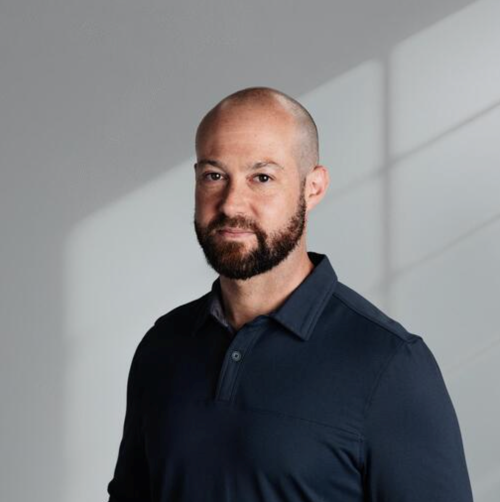Today’s rental market is pushing property managers to shift their priorities significantly to remain competitive. Multifamily vacancies have risen to 6.3%, the highest levels we’ve seen since 2011—even including the early days of the COVID-19 pandemic. It’s no surprise, then, that maintaining occupancy rates is now the top threat property managers say they face.
In a competitive market, resident experience is more important than ever to attract new residents and drive retention. Modern consumer technology has evolved renter expectations, and property managers need to think differently to satisfy new and current residents.
New data from AppFolio’s 2025 Renter Preferences Report sheds light on an overlooked way to stand out and delight renters: closing the resident services gap. According to the report, the demand for residential services, such as onboarding services and digital experiences, far exceeds the current availability. Let’s explore this gap in available resident services and how property managers can elevate their resident experience to close it.

(Photo courtesy of AppFolio.)
The Modern Rental Landscape
During the pandemic, the demand for renting was significant. With rental interest so high, property managers were able to focus on top-of-funnel efforts, like promoting listings and engaging through social media, to bring in new residents.
Now, move-in trends have changed, with rental vacancies approaching a 15-year high. Meanwhile, the number of new units available for leasing has continued to climb, expected to cap out at more than 600,000 units in 2025, which is slightly more than in 2024.
Top-of-funnel tactics are no longer enough to offset this dramatic shift. Property managers’ top concern is maintaining occupancy rates, and when it comes to occupancy, current renter satisfaction creates a massive ripple effect.
According to the 2025 Renter Preferences Report, satisfied renters are 71% more likely to renew their lease and over five times more likely to recommend their property manager. To focus their efforts on occupancy, property managers need to shift from a demand mindset to an experience mindset—to deliver a first-class experience to the residents they have while differentiating themselves to prospective renters.
But what do renters want their ideal rental experience to look like?
The Resident Services Gap
The demand for several resident services that renters prioritize far exceeds their current availability:
- Over three-quarters of renters find it important to have an online resident portal or mobile app, but only 57% said they have one
- 71% place importance on benefit packages or bundled add-on services, while only 42% have these
- 61% find smart home technology important, while only 45% have it in their units
- 60% of those who have received digital move-in services found them important, but only 38% had them available
Beyond the significant delta between high-importance services and their availability, it’s worth noting that Gen Z places the greatest importance on these services, emphasizing the changing expectations of a new generation of renters. Gen Z is the only generational group of renters that is actively growing and will be the single largest group of renters by 2030.
Not only are these services important to residents, but 79% of residents are willing to pay for at least one resident service through their property manager, including Internet, renters insurance, a renter rewards program and pest control.
Closing the Resident Services Gap
In this renter’s market, differentiation is key. And the smartest way to stand apart is by offering a high-quality experience that delivers what residents are looking for—but aren’t getting.
One of the greatest pain points for renters is the move-in process, making it a prime opportunity for property managers to set themselves apart. Seventy-five percent of residents experience challenges with moving in, and modern services can make it much smoother.
Only 38% of residents have digital move-in services available, while 81% who’ve used them found them helpful. With such a large portion of residents struggling with moving in and such a low number of residents with digital move-in services currently available, making these services accessible should be a top priority for property managers.
The other prominent opportunity for property managers to improve the experience of their current residents and attract new ones is digitization. Aside from move-in services, the most important resident needs with large deficits in availability are having a resident portal or mobile app, and smart home technology.
Especially as younger generations continue to take over the rental market, expectations for a progressively digitized resident experience are increasing. Offering digital services like a resident portal, mobile app, and smart home technology in units creates more renter-friendly experiences and empowers residents to manage their rental needs with the touch of a button.
Adam Feinstein, is vice president of product for AppFolio.









